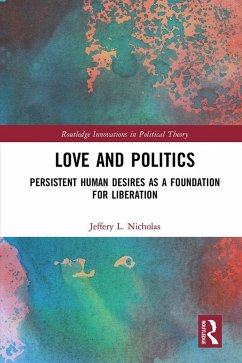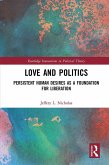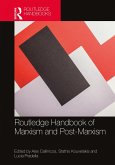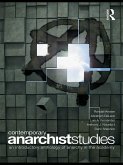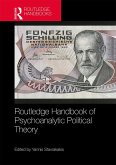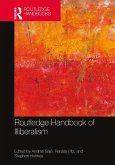Dieser Download kann aus rechtlichen Gründen nur mit Rechnungsadresse in A, B, BG, CY, CZ, D, DK, EW, E, FIN, F, GR, HR, H, IRL, I, LT, L, LR, M, NL, PL, P, R, S, SLO, SK ausgeliefert werden.
Arnold L. Farr, Professor of Philosophy, University of Kentucky
"Recently interest has grown as has discussion concerning the relation of MacIntyre and Marx, much of it inconclusive ...until now. Jeffery Nicholas provides the key to understanding the integration of MacIntyre and Marx in the analysis of alienation. This important book marks a breakthrough in MacIntyre studies."
Bruce Ballard, Professor of Philosophy, Lincoln University
"Jeffery Nicholas finds in social reproduction theory the necessary conceptual tools to critically retrieve Revolutionary Aristotelianism, as developed by Alasdair MacIntyre for a Marxist ethics. In accounting for the imperial-patriarchal domination of bodies and nature in class society, social reproduction theory, argues Nicholas, posits rich concepts of alienation and liberation. It directs us to explore a path to freedom that considers not just how humans can and should produce their worlds in common with each other, but crucially, how they might do so in ways that respect the integrity, powers and vulnerability of labouring bodies and the natural world. This is a timely, deep and stimulating read for anyone committed to placing anti-oppression politics at the heart of building a better, more just and ethical socialist world."
Sue Ferguson, Associate Professor Emerita, Wilfrid Laurier University

